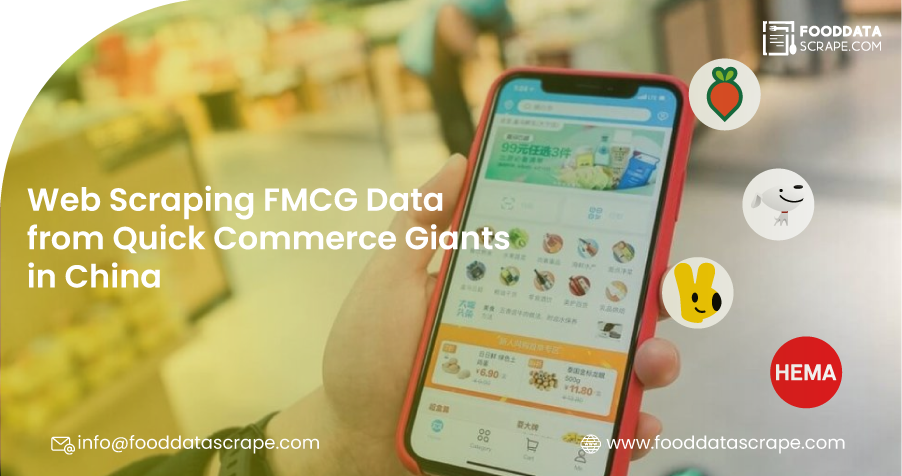Introduction
The rapid evolution of quick commerce, or q-commerce, in China has transformed consumer shopping behavior about fast-moving consumer goods, or FMCG. Leaders in this race include Meituan, JD Daojia, Dingdong Maicai, and Hema Fresh, as the Chinese q-commerce ecosystem now stands as a treasure trove of valuable data. Extracting FMCG data from China's Quick Commerce platforms and using it is essential for businesses to understand consumer behavior, optimize their operations, and gain a competitive edge. This blog explores the methods, challenges, and opportunities of Quick Commerce FMCG Data Extraction in China.
The Rise of Quick Commerce in China

Quick commerce is defined as the super-fast delivery of products, often within 30 minutes to two hours, facilitated by technology, logistics infrastructure, and consumer demand for convenience. This sector has grown exponentially in China due to:
- Urbanization: A large percentage of the population lives in densely populated urban areas, which increases the demand for quick delivery services.
- Tech-aware customers: Chinese consumers are early adopters of digital solutions and have pushed the boundaries in adopting q-commerce platforms.
- Sophisticated logistics: Adopting technologies such as artificial intelligence, big data, and robotics has streamlined most supply chain functions.
- Widely diversified: Q-commerce platforms offer products in FMCG categories, such as fresh produce, packaged foods, household essentials, and beverages.
These online platforms make gigabytes of daily data, providing information about purchase trends, regional preferences, and consumer behavior.
Unlock valuable insights using FMCG data scraping with Food Data Scrape.
Importance of FMCG Data from Q-Commerce Platforms
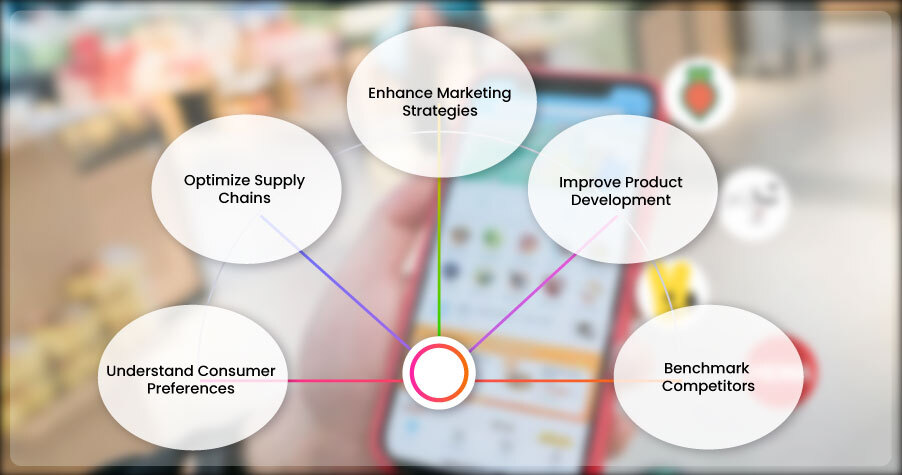
FMCG data from q-commerce platforms can offer actionable insights to businesses on the following counts:
- Understand Consumer Preferences: Identify popular products, seasonal trends, and regional preferences.
- Optimize Supply Chains: Anticipate demand fluctuations and minimize inventory costs.
- Enhance Marketing Strategies: Tailor promotional campaigns to specific demographics and purchasing behaviors.
- Improve Product Development: Gain feedback on existing products and identify gaps in the market.
- Benchmark Competitors: Analyze pricing, product availability, and customer reviews.
However, this data has to be accessed and used in strategic planning and with a deep understanding of China's q-commerce ecosystem.
Methods of Extracting FMCG Data
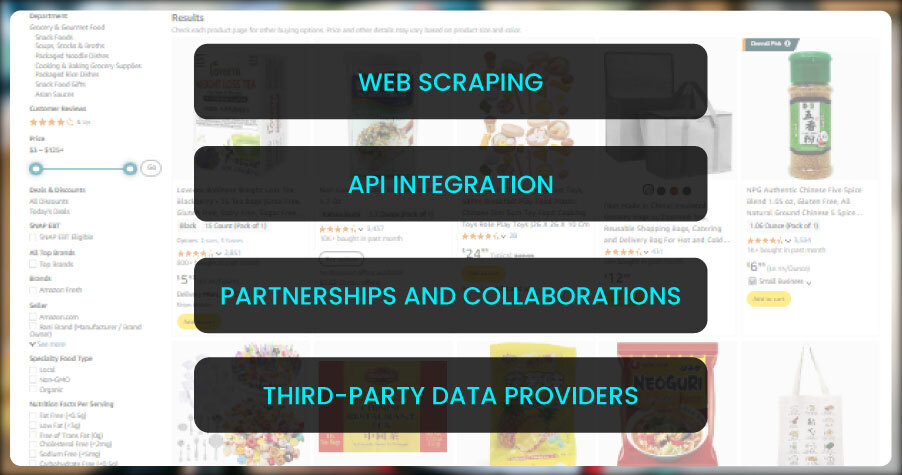
1. Web Scraping
Web scraping involves extracting data from websites using automated tools. Many Q-commerce platforms display product information, pricing, customer reviews, and promotional details online, making them a valuable data source for Web Scraping FMCG Data from Quick Commerce Giants in China.
- Advantages:
- Access to real-time data.
- Cost-effective compared to purchasing data from third parties.
- Comprehensive coverage of products and categories.
- Challenges:
- Many platforms have anti-scraping measures, such as CAPTCHA and IP blocking.
- Legal and ethical considerations regarding data scraping.
2. API Integration
Some q-commerce platforms provide APIs (Application Programming Interfaces) that allow businesses to access structured data, enabling Grocery Delivery Scraping API Services .
- Advantages:
- Reliable and accurate data.
- Easy integration into existing systems.
- Challenges:
- APIs may have usage restrictions or require partnerships with the platform.
- Not all platforms offer APIs for external use.
3. Partnerships and Collaborations
Strategic partnerships with q-commerce platforms can provide businesses with direct access to their data, supporting Scrape FMCG Product Data from Quick Commerce in China.
- Advantages:
- High-quality, comprehensive data.
- Opportunities for co-branded marketing campaigns.
- Challenges:
- High costs associated with partnerships.
- Dependency on the platform's data-sharing policies.
4. Third-Party Data Providers
Several companies specialize in aggregating and selling data from q-commerce platforms, offering Grocery Price Dashboard tracking solutions.
- Advantages:
- Time-saving and convenient.
- Access to pre-analyzed data and insights.
- Challenges:
- Expensive compared to other methods.
- Data quality and relevance may vary.
Challenges in Extracting FMCG Data in China
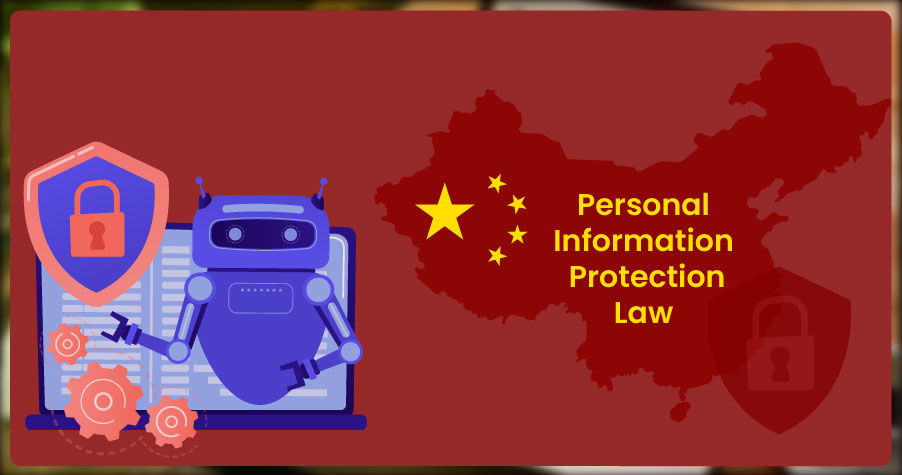
1. Regulatory Compliance:
- China's strict data protection laws, such as the Personal Information Protection Law (PIPL), impose stringent data collection and usage requirements.
- Businesses must ensure compliance to avoid penalties.
2. Platform Restrictions:
- Many Q-commerce giants restrict data access to protect their competitive advantage.
- Advanced anti-scraping technologies make data extraction difficult.
3. Language and Localization:
- Understanding Chinese language nuances and regional differences is essential for accurate data interpretation.
4. Dynamic Ecosystem:
- The rapid evolution of the q-commerce sector requires continuous monitoring and updates to data collection methods.
5. Data Quality:
- Ensuring the accuracy and relevance of extracted data is crucial for meaningful analysis.
Opportunities and Use Cases
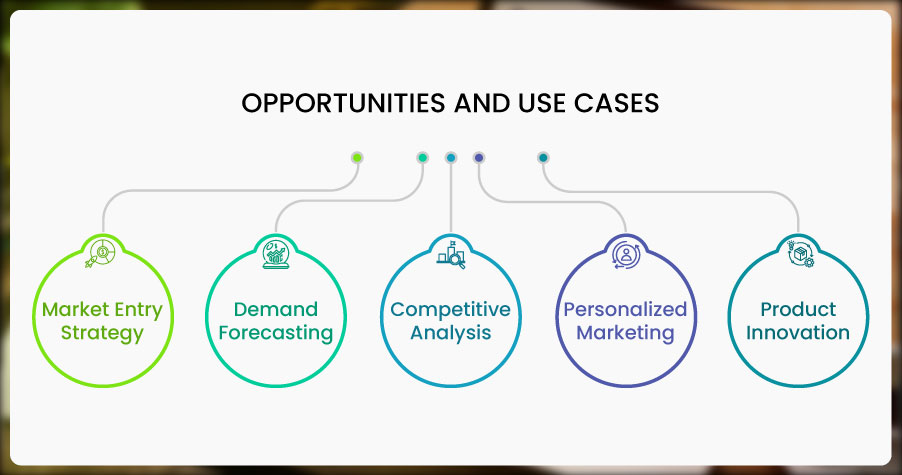
- Market Entry Strategy: For foreign FMCG brands entering China, q-commerce data can help identify target demographics, popular products, and pricing strategies. Scrape FMCG Prices from Chinese Quick Commerce Platforms to understand market trends.
- Demand Forecasting: Analyzing historical data can help predict demand spikes during festivals, holidays, or promotional events.
- Competitive Analysis: Comparing pricing, promotions, and customer feedback across platforms can inform business strategies. Web Scraping Quick Commerce Data can provide valuable insights.
- Personalized Marketing: Leveraging consumer behavior data to create personalized marketing campaigns can enhance customer engagement and loyalty.
- Product Innovation: Understanding unmet consumer needs can guide product development and innovation.
Case Study: Leveraging Q-Commerce Data
-Approach.jpg)
Background:
A multinational FMCG company sought to expand its presence in China by targeting urban millennials and Gen Z consumers. To this end, the company partnered with a data analytics firm to extract and analyze data from leading Q-commerce platforms.
Approach:
- Data Collection:
- Used a combination of web scraping and API integration to collect data on popular product categories, pricing, and customer reviews.
- Analyzed purchase trends during peak hours and promotional events using Grocery Price Tracking Dashboard insights.
- Insights:
- Identified high-demand products such as ready-to-eat meals and health-focused snacks.
- Noted a preference for eco-friendly packaging among urban consumers.
- Strategy:
- Introduced a new line of eco-friendly snack products.
- Launched targeted promotions during peak hours on Meituan and JD Daojia
Results:
- Achieved a 25% increase in sales within three months of the product launch.
- Gained valuable insights for future product development and marketing campaigns.
Best Practices for Extracting FMCG Data
-Best-Practices-for-Extracting-FMCG-Data.jpg)
- Ensure Compliance:
- Stay updated on China's data protection laws and obtain necessary permissions for data collection.
- Invest in Technology:
- Use advanced tools and techniques for data extraction and analysis, such as machine learning and AI.
- Focus on Data Quality:
- Regularly validate and clean data to ensure accuracy and relevance.
- Leverage Local Expertise:
- Collaborate with local partners or hire experts familiar with China's market dynamics and consumer behavior.
- Adapt to Change:
- Continuously monitor industry trends and update strategies to stay ahead in the dynamic q-commerce ecosystem.
Conclusion
Web Scraping Grocery Delivery Data and Extracting FMCG Data from China's Quick Commerce Platforms is challenging but rewarding. The insights thus gained can empower businesses to make data-driven decisions, optimize operations, and connect with consumers more effectively. Companies can unlock the immense potential of China's q-commerce ecosystem by leveraging the right tools, adhering to regulations, and staying attuned to market dynamics, thus driving growth in the competitive FMCG sector.
Are you in need of high-class scraping services? Food Data Scrape should be your first point of call. We are undoubtedly the best in Food Data Aggregator and Mobile Grocery App Scraping service and we render impeccable data insights and analytics for strategic decision-making. With a legacy of excellence as our backbone, we help companies become data-driven, fueling their development. Please take advantage of our tailored solutions that will add value to your business. Contact us today to unlock the value of your data.






















































































